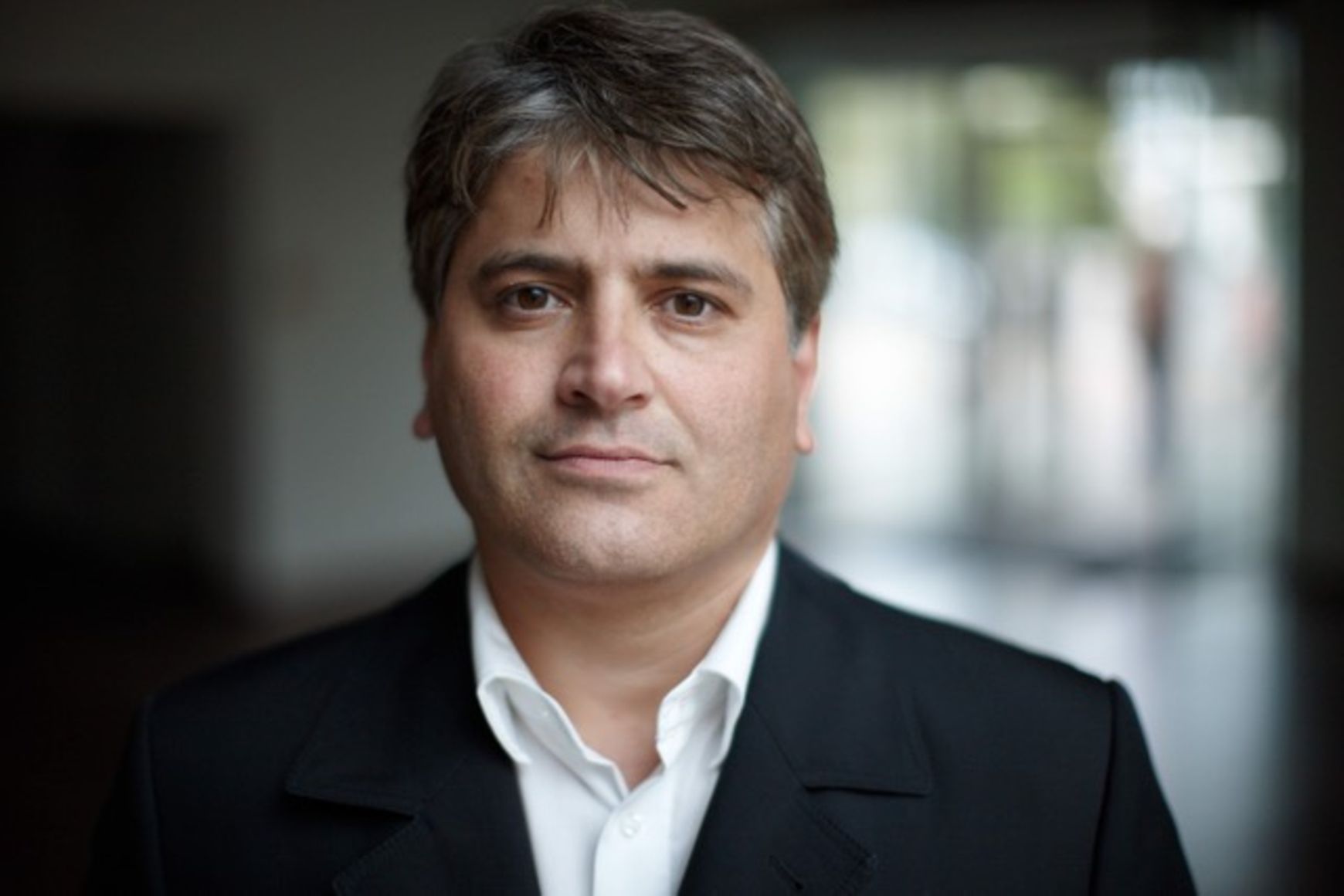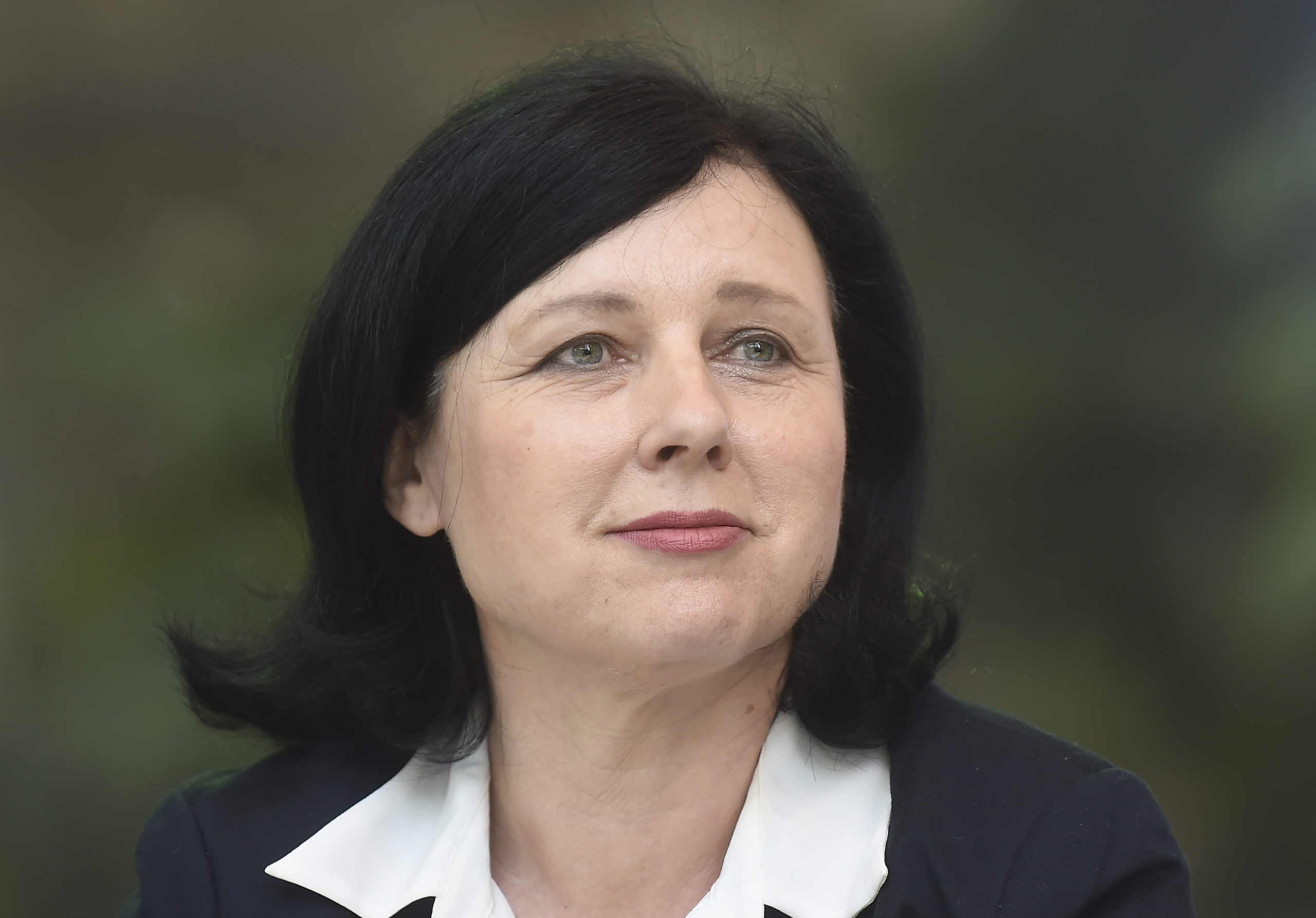Romani Rose
Chairman of the Central Council of German Sinti and Roma
Address by Romani Rose, Chairman of the Central Council of German Sinti and Roma, on the occasion of the commemoration ceremony at the Auschwitz-Birkenau State Museum on 2 August 2022
Ladies and gentlemen,
I am particularly pleased to welcome the genocide survivors who are with us today, especially Christian Pfeil from Germany, who will speak to us later.
We remember our people who suffered an agonising death 78 years ago today, in the night of 2 to 3 August 1944. They were the last 4,300 members of our minority who had survived the unimaginable suffering of the hell of Auschwitz until then and were driven into the gas chambers by the SS: Women and children, the old and the sick.
The name Auschwitz stands not only for the Holocaust of 500,000 Sinti and Roma and six million Jews, but at the same time for an unprecedented break with civilisation that dragged the whole of Europe into the abyss.
With Minister President Bodo Ramelow, a Federal Council President is now taking part in this commemoration ceremony for the first time in order to jointly remember the victims of the Holocaust against the Sinti and Roma and to represent the Federal Republic in a high-ranking manner through his person. Bodo Ramelow, as Prime Minister of Thuringia, has also been campaigning for the equality of the minority for many years and consistently opposes the worrying antiziganism.
Here, too, we see this as a clear sign that Germany is living up to its historically grown responsibility, also internationally.
In 2015, the European Parliament officially declared 2 August as European Holocaust Memorial Day for Sinti and Roma. The fact that the EU Commissioner for Equality, Helena Dalli, is here with us today shows that the European Commission shares our concerns and recognises that antiziganism in Europe, especially in South-Eastern and Central Europe, represents a serious threat to the members of our minority, who are forced to live in apartheid-like conditions in the middle of Europe.
When the Hungarian President Orban, whose country is a member state of the European Union, again talks about race and ethnic purity and uses a vocabulary reminiscent of the darkest times in European history, then this is another attempt at division, which is dangerous for peace in our society, our community and our European values. We as Europeans must stand united against such attempts at division and not allow such inflammatory statements to go unchallenged.
Such examples show that the achievements of an open democratic society, which have long been taken for granted, are increasingly being called into question and that anti-Semitism and antiziganism are once again leading to people’s lives being threatened. This is true not only for Hungary, but for many countries in South-Eastern and Central Europe.
When I turn my gaze from this place where we have gathered today a few kilometres to the east and to what is happening in Ukraine, I think that it is precisely there that our failure in the face of the legacy of the victims of Auschwitz is revealed.
I have in mind not only the Russian war of aggression, but also the often inhumane living conditions of the estimated 400,000 Ukrainian Roma.
Their men are also defending their country, Ukraine, from Russian aggression at the front, and their wives, children and elderly are also fleeing their homeland from the war, just like all Ukrainians.
Despite all this, Roma continue to be marginalised and discriminated against in Ukraine. There is evidence that they have been discriminated against in food distribution. In some cases, Roma who were accused of illegally appropriating food were openly abused in the pillory. This defamed, humiliated and degraded the entire minority.
This marginalises the minority and, as in the Middle Ages, makes them the guilty party and the scapegoat. Yet these people are citizens of Ukraine and have been at home there for centuries.
The fact that anti-gypsyism is not a new phenomenon in Ukraine, but was already a serious problem before the war, can be seen in the numerous acts of violence to which Roma were subjected in the country. There were outright pogroms by nationalist and right-wing extremist groups, in which people also died, for example in Lviv in 2018.
But it is not only in Ukraine, but also in the host countries that the Roma fleeing the war in their homeland are met with rejection – also in Germany, as numerous incidents in different places have clearly shown.
The reason for this recurring rejection, for the exclusion, for the humiliation and the sometimes deadly attacks throughout Europe is the antiziganism that has been handed down for centuries. Outlawing it must be a priority goal for all of us, especially here and now, as we commemorate the victims of the Holocaust.
But what does remembering and commemorating mean, given the degrading circumstances in which members of the minority are forced to live, especially in the countries of South-Eastern and Central Europe? Where they have to endure a system of apartheid that deprives them of any opportunities in finding work, education or health care? Where they constantly have to fear for their lives and are threatened by anti-Gypsy hatred and violence? What is the use of demanding human rights worldwide if we ourselves forget and overlook the people on our own doorstep?
Ladies and gentlemen, we must not allow people to be deprived of their dignity again in the midst of the countries of the European Union or elsewhere. It is not only European politics that is called upon here, but we are all called upon here not to let these conditions go unchallenged and to assert our understanding of equality and law, which must be valid for all people.
In this sense, I understand the legacy of all the people who died in a cruel way at this historic place.
Thank you.
2 August 2021
Statements 2022

Mehmet Daimagüler
Dr. Mehmet Daimagüler, Antigypsyism Commissioner of the Federal Government

Roberta Metsola
Roberta Metsola, President of the European Parliament

Romani Rose
Chairman of the Central Council of German Sinti and Roma

Věra Jourová
Vice President of the European Commission for Values and Transparency










